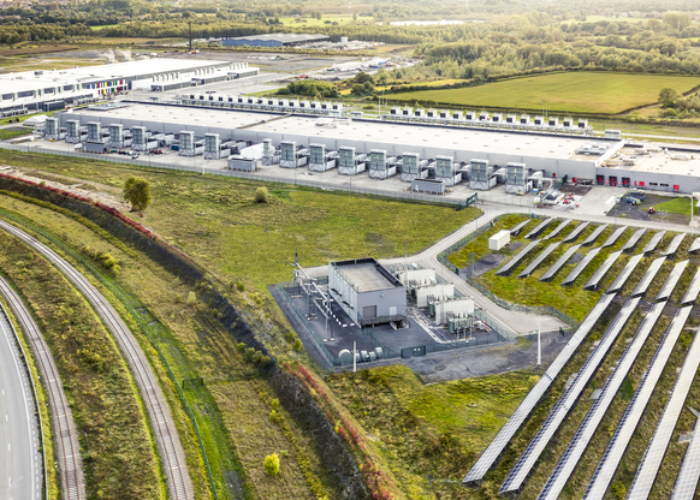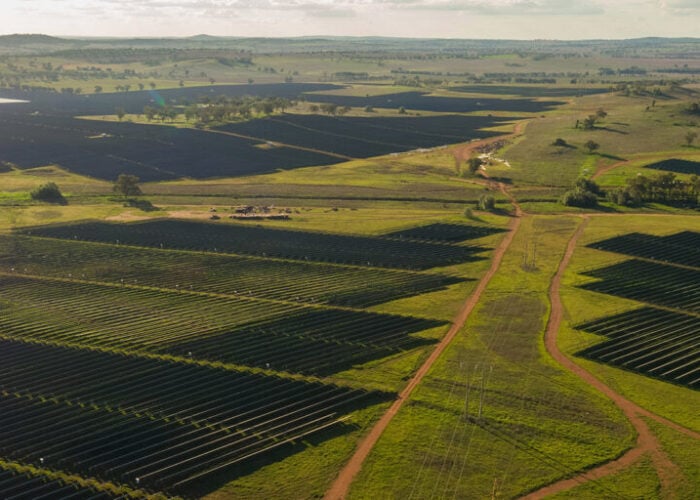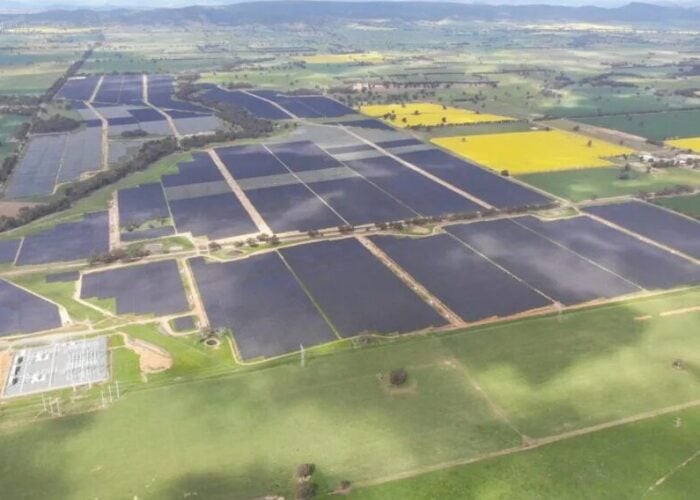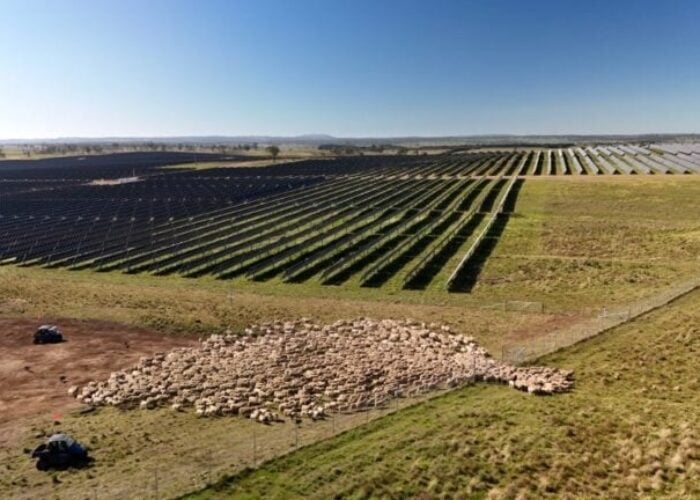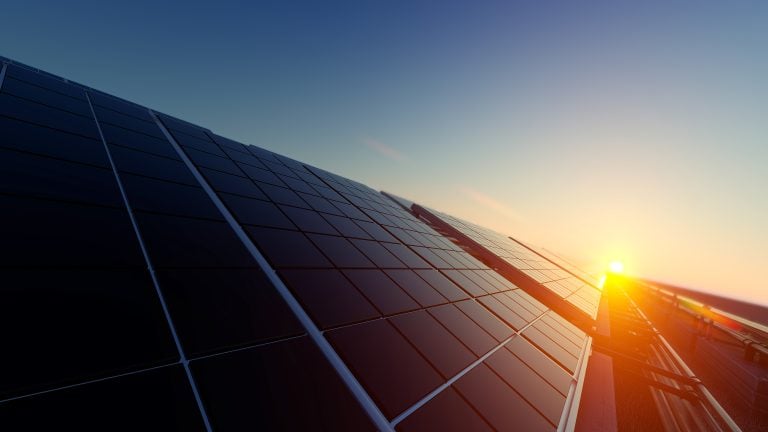
From 1 October 2024, new testing standards will be implemented for solar PV modules deployed in Australia.
The Clean Energy Council (CEC), Australia’s most prominent clean energy group, said most modules which it approves for deployment from next month will be subject to testing from the International Electrotechnical Commission (IEC). The IEC is the international body which publishes standards for electronic products.
Try Premium for just $1
- Full premium access for the first month at only $1
- Converts to an annual rate after 30 days unless cancelled
- Cancel anytime during the trial period
Premium Benefits
- Expert industry analysis and interviews
- Digital access to PV Tech Power journal
- Exclusive event discounts
Or get the full Premium subscription right away
Or continue reading this article for free
Specifically, modules will need to pass the 2021 version of the IEC 61215 testing series if they are to be approved by the CEC. This is an update from the 2016 iteration of the tests.
According to the IEC, the test series lays out “requirements for the design qualification of terrestrial photovoltaic modules suitable for long-term operation in open-air climates”. The series encompasses a number of tests, which focus on details such as electrical design and a module’s durability in outdoor conditions. It applies to both crystalline silicon and thin-film products.
The CEC keeps a record of solar products which are eligible for use in Australia. It said that modules which pass the IEC 61215 tests will have a corresponding suffix added to their CEC-approved listing, but manufacturers will not need to print proof of compliance on their product labels or documentation.
Modules which have not passed the IEC tests by 1 October will not be CEC approved, which the firm said will impact their eligibility for Small-scale Technology Certificates (STCs), the Australian government’s incentive for installing distributed renewable energy generation.
CEC said a “small number” of module products have been granted an extension until 31st March, 2025 due to extenuating circumstances.
Quality concerns rise
Reports and concerns around module degradation and defects have been on the rise recently.
Earlier this year, the University of New South Wales (UNSW) issued a report claiming that tunnel oxide passivated contact (TOPCon) cells suffer “significant” damp heat degradation compared with passivated emitter rear contact (PERC) cells.
These findings were hot on the heels of industry players announcing that TOPCon technology had almost entirely taken over from PERC and would form the backbone of mainstream PV production for the coming years. This was echoed in the findings of the most recent International Technology Roadmap for Photovoltaics (ITRPV).
Beyond technological flaws, the morphing global solar supply chain has raised concerns around overall module reliability.
In November last year, US analyst firm Clean Energy Associates (CEA) released a report which showed a “massive increase” in cracks, foreign materials and manufacturing defects in solar modules. The majority of the issues were found in the manufacturing process, which CEA said was due to “inexperienced” suppliers and new entrants into the market.
In addition to new market entrants with less experience and reliability, the recent nosedive in solar module prices has raised concerns over quality assurance. PV Tech Premium looked into this phenomenon in a long read earlier this year (originally published in print in PV Tech Power) and found industry members concerned over possible cost-cutting and shortcuts from manufacturers as they try to maintain profitability against tightly squeezed pricing.
Reliability testing like IEC tests and certifications from organisations like the CEC offer a possible route to greater security and quality control in the PV industry. In its initial report into defects, Clean Energy Associates stressed the importance of “third-party testing” in ensuring accountability for products and manufacturers.


